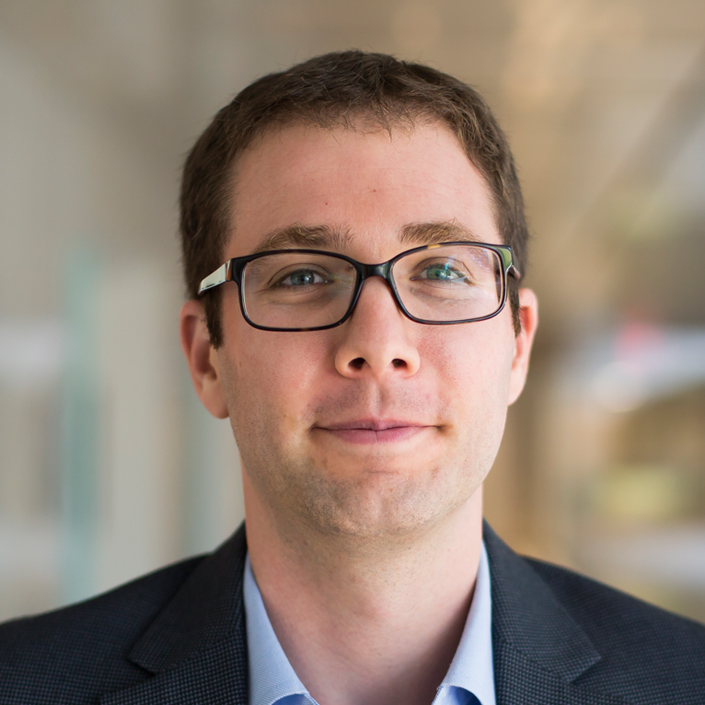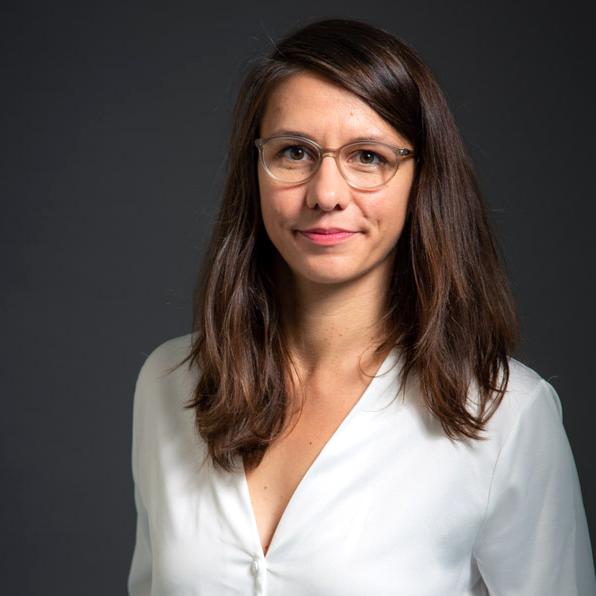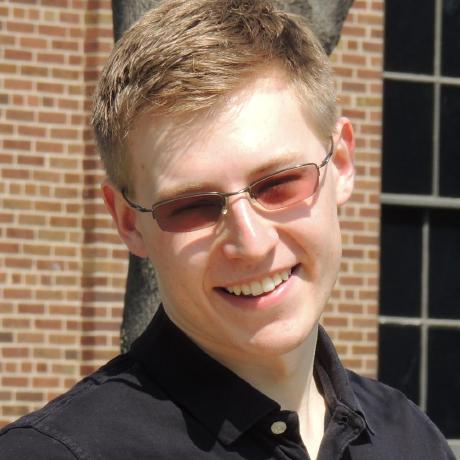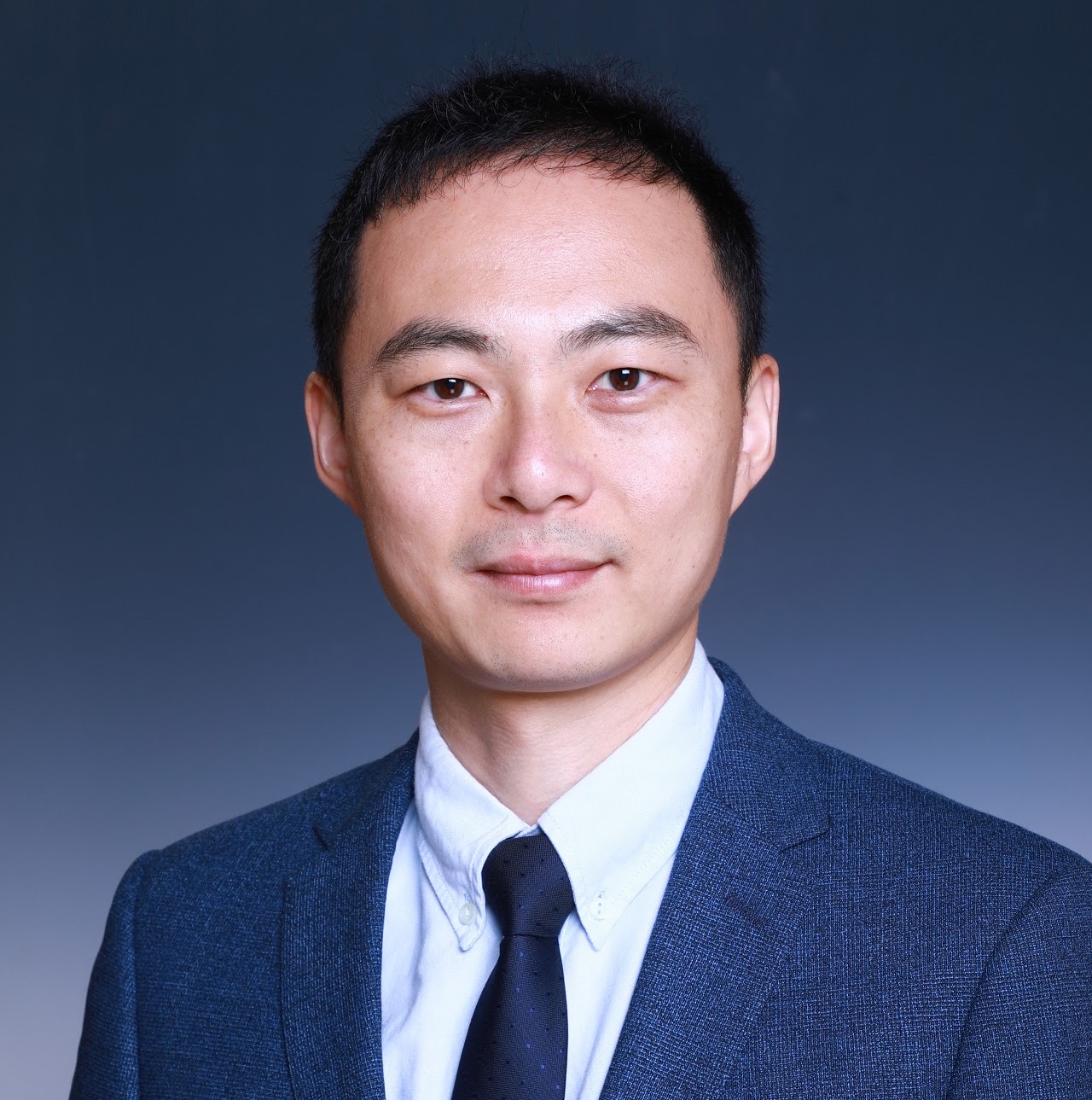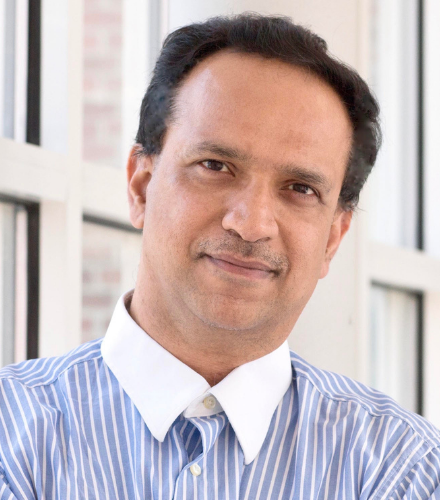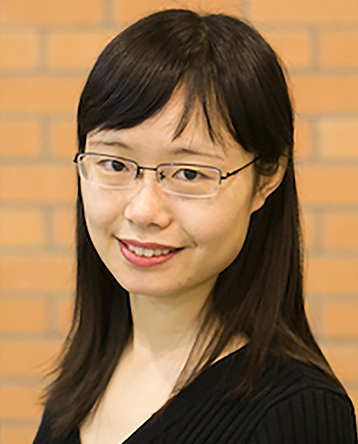Content
Event description
The workshop is tailored towards researchers interested at deformable object manipulation and closely related problems such as modeling, perception, representation and mechanics. This workshop would give the community a chance to: identify open research challenges, find new applications for techniques that already exist in closely related areas, foster new collaborations, and get a good overview of the state -of-the-art from the invited talks. Speakers from the forefront of the research on deformable objects are invited to provide top-level insights. Furthermore, a review process from experienced researchers will be carried out giving young researchers the opportunity to receive valuable feedbacks. The scope of the workshop is intentionally broad as we think that different aspects need to be taken into account to effectively handle deformable objects and we want to enclose them in a single event, filling the lack of a dedicated session in the main robotics conferences.
Topic relevance
Despite the presence of deformable objects in a wide range of domains and tasks, endowing robots with the ability to manipulate them is still an open problem. This is motivated by the extreme complexity of representation and dynamics modeling of such objects. Although different methodologies exist in the recent state-of-the-art, tackling different aspects of deformable objects, no unified and comprehensive solution exists yet that can be easily generalized to non-specific objects. As possible approaches to state representation and modelling, topological coordinates and Finite Element Methods have been adopted for solving specific tasks. In contrast, data-driven approaches can be leveraged to circumvent explicit modelling at the cost of an expensive data collection. For this, although simulation environments would be most suited for collecting large amount of data, the current state-of-the-art does not enable it in an efficient and scalable manner. Moreover, even when a simulation setup is employed, the transfer of the acquired skills into real-world may be unsuccessful due to inaccurate simulation models of the involved dynamics. Alternatively, demonstrating specific interactions, and learning from them by imitation, can improve the efficiency of the system setup at the cost of its generality. In addition, further aspects need to be addressed to effectively manipulate deformable objects. Among those, employment and coordination of two or more arms can be necessary to properly manipulate highly deformable objects for both prehensile and non-prehensile manipulation. Finding efficient ways to combine planning and control is equally important in this regard. Finally, implementing the planned interaction can also be improved by specialized grippers or sensors, e.g., optical and haptic perception.
Specifically, this workshop will include (but is not limited to) the following topics:
- Representation and state estimation
- Simulation and modeling
- Transfer from simulation to reality
- Data-driven methods: end-to-end learning, learning from demonstration, etc.
- Perception: state tracking, parameter identification, property detection (e.g. landmarks for garments) and classification, etc.
- Control, visual servoing and planning
- Multi-arm manipulation
- Specialized tools, e.g. grippers, and sensors
- Application-specific challenges: cloth folding, surgical tasks, etc.
